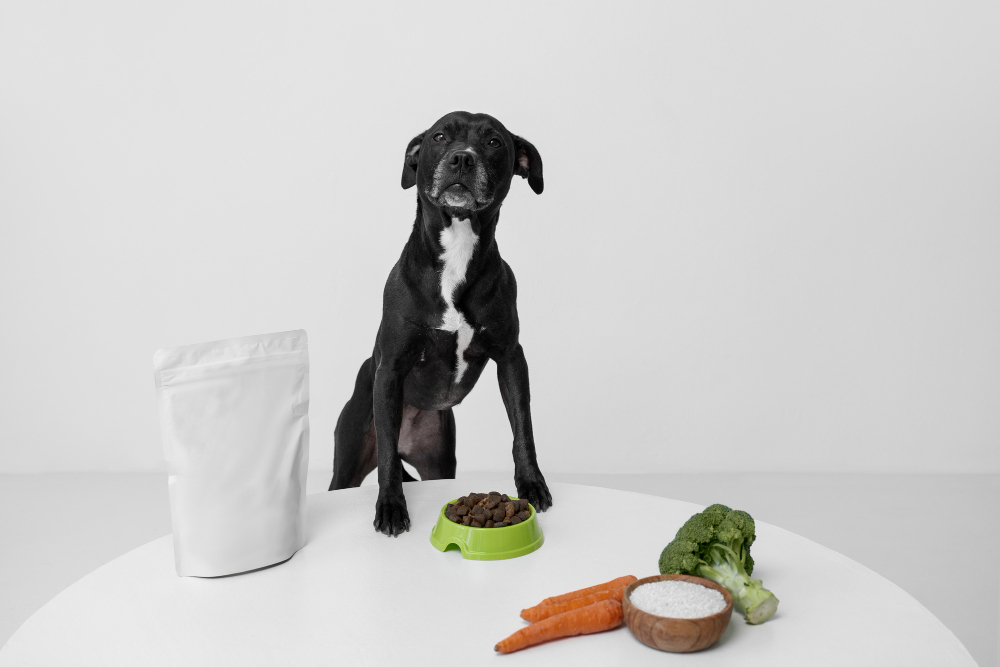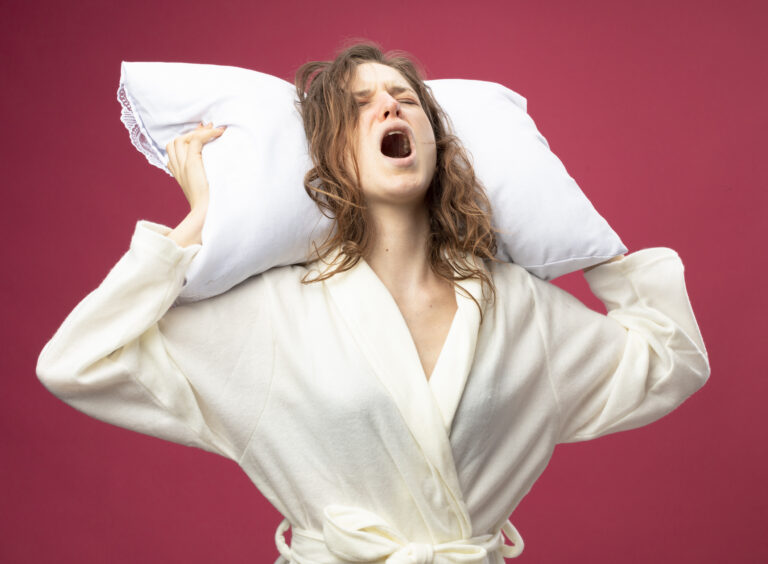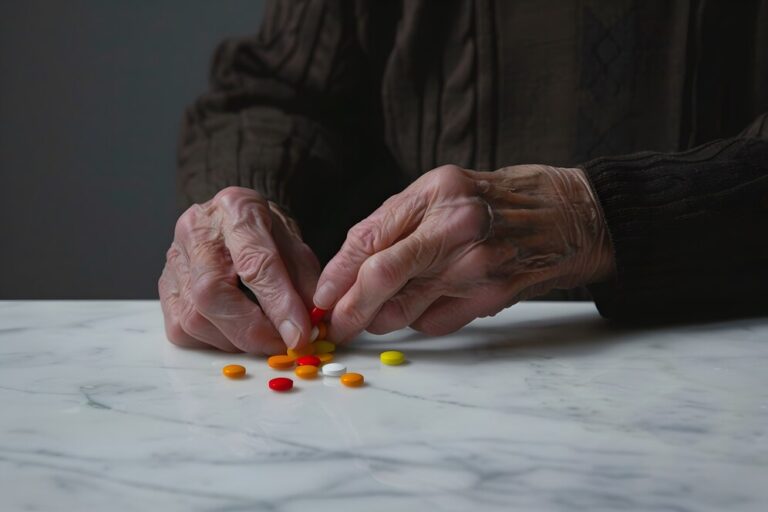Difference Between CBD and THC: What You Need to Know
Table of Contents
🌿As cannabis-derived products become more widely accepted and available, understanding the difference between CBD and THC is more important than ever. Whether you’re exploring wellness options, considering pain management alternatives, or just curious about cannabinoids, knowing how these two compounds differ is key to making informed decisions.
In this article, we’ll break down everything you need to know about cbd roll on for pain (Cannabidiol) and THC (Tetrahydrocannabinol)—their effects, legal status, benefits, side effects, and how to choose between them.
🧬 What Are CBD and THC?
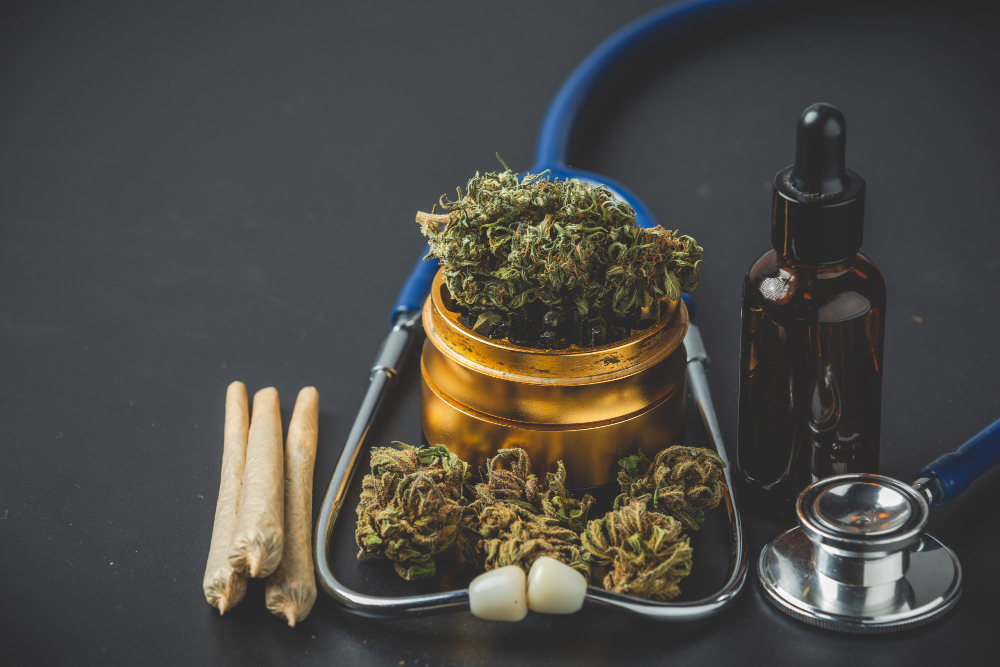
Both CBD and THC are cannabinoids found in cannabis plants. They interact with the body’s endocannabinoid system, but they do so in different ways.
- CBD is non-psychoactive, meaning it doesn’t get you high. It’s often used for pain relief, anxiety, inflammation, and sleep disorders.
- THC is psychoactive, and it’s the compound responsible for the “high” associated with marijuana use. THC can also help with pain, nausea, and appetite stimulation.
Though they come from the same plant family, the difference between CBD and THC affects how people use them and how they’re regulated.
🧠 Key Differences Between CBD and THC
| Feature | CBD | THC |
|---|---|---|
| Psychoactive? | No | Yes |
| Legal in Most U.S. States? | Yes (if hemp-derived) | No (restricted in many areas) |
| Common Uses | Anxiety, epilepsy, chronic pain | Appetite loss, insomnia, nausea |
| Side Effects | Mild (drowsiness, dry mouth) | High, paranoia, red eyes |
| Drug Test Detection | Possible, but rare | Likely |
The difference between CBD and THC is most evident in their psychoactive properties and legality. While CBD is widely accepted, THC remains heavily regulated.
🌎 Legal Status of CBD vs. THC
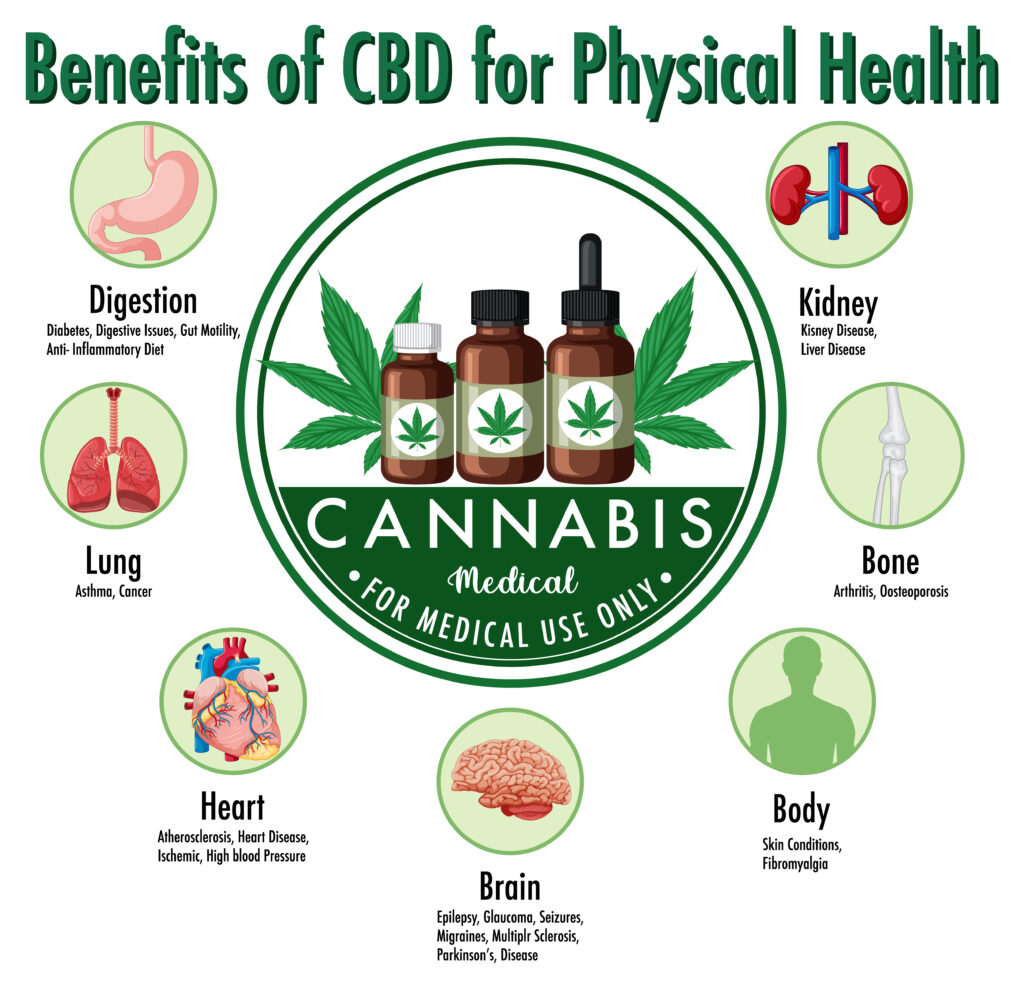
In the United States:
- CBD derived from hemp (less than 0.3% THC) is legal under federal law.
- THC remains a Schedule I substance federally, although many states have legalized it for medical or recreational use.
Always check your local laws before purchasing or using products containing either cannabinoid.
🧴 Forms and Consumption Methods
Both CBD and THC are available in various forms, including:
- Oils and tinctures
- Capsules and softgels
- Edibles (gummies, chocolates)
- Topicals (lotions, balms)
- Vapes
- Flower (smoking form)
Understanding the difference between CBD and THC can help you choose the right product for your needs. For example, a user looking for non-intoxicating relief may opt for CBD gummies, while someone seeking stronger effects might try THC oil under medical supervision.
🔬 Medical Benefits and Applications
CBD is commonly used to help with:
- Anxiety and depression
- Chronic pain
- Epilepsy (FDA-approved Epidiolex)
- Inflammation
- Insomnia
THC is used to help with:
- Nausea (especially from chemotherapy)
- Muscle spasticity (e.g., multiple sclerosis)
- Appetite loss
- Insomnia
- Severe pain
Sometimes, a combination of both cannabinoids works best, as seen in the “entourage effect”, where multiple cannabis compounds work synergistically.
⚠️ Side Effects and Safety
While both are considered safe, the difference between CBD and THC becomes evident when it comes to side effects.
- CBD: Drowsiness, dry mouth, changes in appetite. Rare and usually mild.
- THC: Red eyes, memory issues, increased heart rate, anxiety or paranoia in high doses.
Always consult a medical professional before beginning any cannabinoid-based regimen, especially if you’re taking other medications.
🧠 Which Is Right for You?
- If you’re looking for relief without a high, CBD is likely your best option.
- If you’re managing severe pain, appetite loss, or insomnia, and live in a state where THC is legal, you might benefit from THC—with professional guidance.
Ultimately, understanding the difference between CBD and THC allows you to better navigate the world of cannabis wellness and make informed choices that suit your health goals.
🙋 5 Frequently Asked Questions (FAQ)
1. Can CBD get you high?
No. CBD is non-psychoactive and does not produce the high associated with THC.
2. Will CBD or THC show up on a drug test?
THC will likely show up. CBD usually won’t, but full-spectrum products may contain trace THC that could trigger a positive result.
3. Is it safe to use CBD daily?
Yes, many people safely use CBD daily for ongoing wellness support, but consult your doctor before long-term use.
4. Can you mix CBD and THC?
Yes. In some cases, combining them can enhance effects (entourage effect), but dosage and balance are key.
5. Are CBD and THC legal in every state?
CBD from hemp is federally legal, but laws vary by state. THC legality depends on local cannabis regulations.

